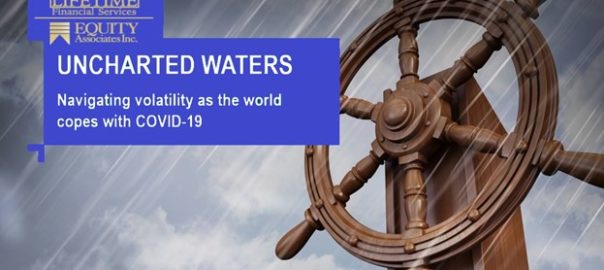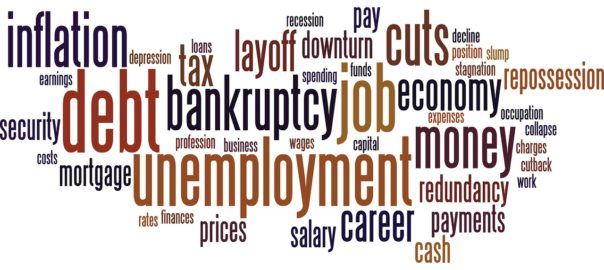Let’s face it, we are living in a stressful time. Most of us are dealing with issues that we never expected to have. We are changing the way we behave and work, whether we want to or not.
Part of the stress we are experiencing is financial. Reduced hours or the possibility of job loss and he fluctuation of the markets has added to the pressure of paying bills, saving for education and retirement. This financial stress follows us. It is being brought to work – never mind that for many of us work and home are now the same place. This stress is resulting in less productivity according to a recent poll conducted by Manulife. It appears that 11% of us think about our finances during working hours every day, and 57% miss work due to personal financial stress.
As a small business owner, a decline in productivity combined with the uncertain economic landscape that COVID continues to provide, is not a recipe for success or confidence. The survey potentially brings more unpleasant news as it found that most employees feel that their employers should help them deal with their financial stress. But how exactly can a small business owner help?
Luckily, there are a couple of simple ways that that entrepreneurs can help the people that they employ.
The first is by offering a group benefit and retirement package. The second is sponsoring workplace financial wellness programs.
Group benefits include services such as medical and dental coverage that protect employees from expenses that are not covered by the province or supplement coverage such as dental and disability insurance. Group benefits can make expensive prescriptions more affordable, for example, and reduce the worry caused by large bills.
Likewise, a group retirement plan sponsored by a business owner, can encourage people to save for their retirement. Such programs can help them get started or supplement their own personal savings. Again, this can reduce worry that thoughts of retirement can have, helping employees have better focus at work.
Financial wellness programs can take many shapes but typically allow participants to learn about common financial concerns like retirement and investment concepts. Such programs can answer questions and provide guidance, giving peace of mind. The Manulife survey found that 86% of people polled feel that such a program would help them and be beneficial.
Besides reducing financial stress, programs such as the ones described, offer other benefits to both employees and small business owners. Employees are more likely to refer friends to job openings and the business is more likely to attract and retain qualified people.
If you would like a copy of the Manulife 2020 financial stress survey, contact me and I would be happy to give you a copy.
I also provide group benefits and retirement from some of the best carriers in Canada. My Financial Wellness program is offered to all benefit clients and is also available on its own. Reach out to me to see if I can help your business and employees.
Thanks and remember that we can get through this together.
Thanks.

Chris Meyler, Financial Advisor & President











